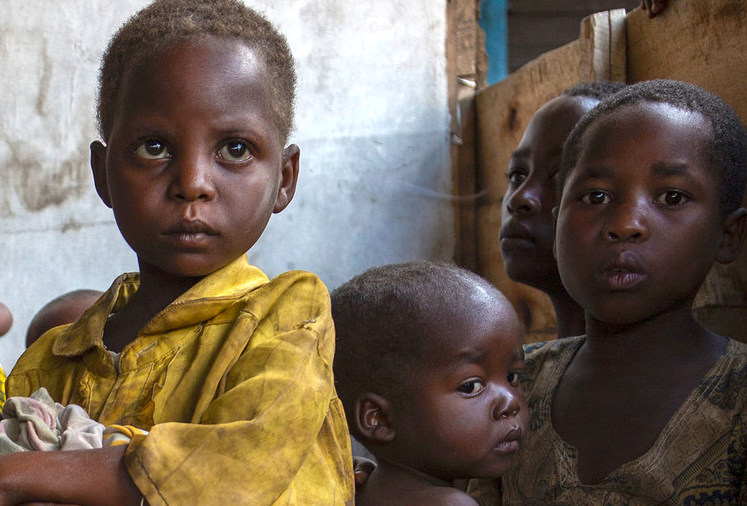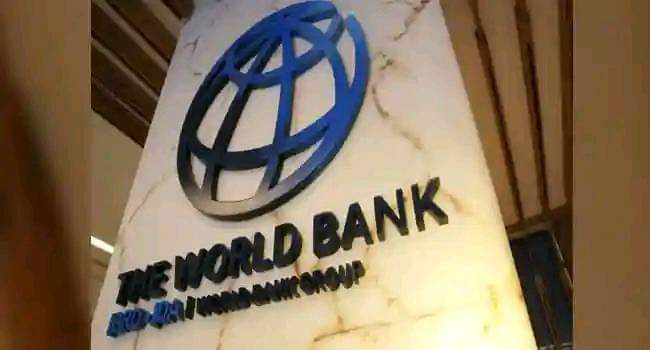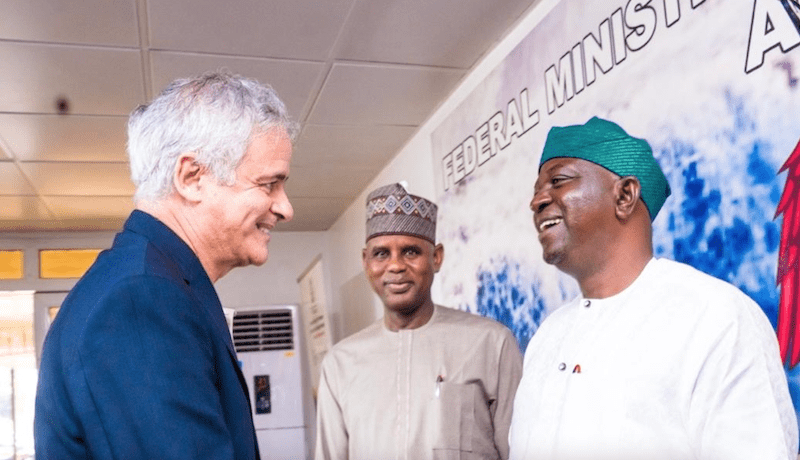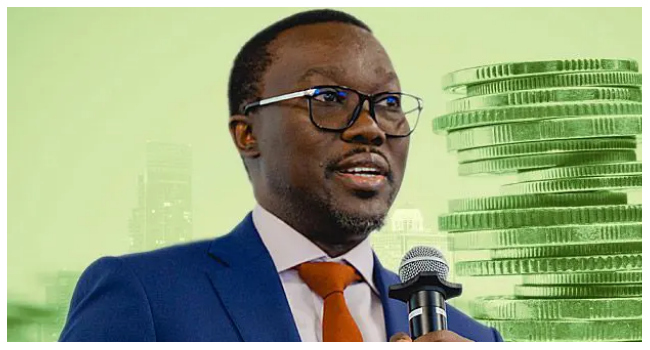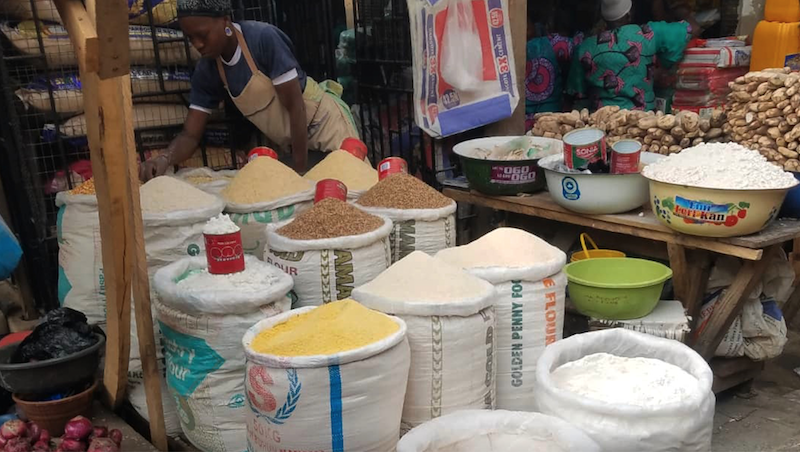The World Bank says it could take more than a century to eliminate poverty for nearly half the world. According to the Bank’s new Poverty, Prosperity, and Planet Report released on Tuesday, this accounts for people who live on less than 6.85 dollars per day.
A statement issued by the bank’s media briefing centre said the report offered the first post-pandemic assessment of global progress toward eradicating poverty and boosting shared prosperity on a livable planet.
According to the statement, the global goal of ending extreme poverty, defined as 2.15 dollars per person per day by 2030, is out of reach.
It said it could take three decades or more to eliminate poverty at this threshold, which was relevant primarily for low-income countries.
“Almost 700 million people, which accounts for 8.5 per cent of the global population, live today on less than 2.15 dollars per day, with 7.3 per cent of the population projected to be living in extreme poverty in 2030.”
The statement said extreme poverty remained concentrated in countries with historically low economic growth and fragility, many of which were in Sub-Saharan Africa.
“Today, 44 per cent of the world’s population lives on less than 6.85 dollars per day, which is the poverty line for upper-middle-income countries.
“The number of people living under this poverty line has barely changed since 1990 due to population growth.”
The statement quoted Axel van Trotsenburg, World Bank Senior Managing Director as saying, “after decades of progress, the world is experiencing serious setbacks in the fight against global poverty.
Trotsenburg said this was a result of intersecting challenges that include slow economic growth, the pandemic, high debt, conflict and fragility, and climate shocks.
“Amid these overlapping crises, a business-as-usual approach will no longer work.
“ We need a fundamentally new development playbook if we are to truly improve people’s lives and livelihoods and protect our planet,” ” he said.
Indermit Gill, Chief Economist, World Bank Group and Senior Vice-President for Development Economics was quoted as saying:
“Low-income countries and emerging market economies will do well to acknowledge the inevitability of tradeoffs among these objectives but also to appreciate some synergies.
“ Policies to reduce air pollution, for example, contribute both to climate and developmental goals.
“Sustained investments in education and health provide higher poverty and prosperity related payoffs in developing countries than do tax-financed social assistance programmes.”
Gill said well-executed government initiatives to increase the capacity of farmers to adopt new, climate-smart technologies could reduce poverty, spread prosperity, and preserve the planet.
The statement said progress in reducing the Global Prosperity Gap, which is the bank’s new measure of shared prosperity, has stalled since the COVID-19 pandemic.
“This has highlighted a slowdown in inclusive income growth over this period.
It said on average, incomes around the world would have to rise fivefold today to reach the level of 25 dollars per person per day, the minimum prosperity standard for high-income countries.
The statement said the number of economies with high-income inequality had declined over the past decade.
“ Yet, 1.7 billion people, which is 20 per cent of the global population, still live in high-inequality economies, concentrated mostly in Latin America and the Caribbean, and Sub-Saharan Africa.
“High inequality reflects a lack of opportunities for socioeconomic mobility, which hinders prospects for inclusive growth and poverty reduction.”
It said nearly one in five people globally were likely to experience a severe weather shock in their lifetime from which they would struggle to recover.
“Almost all those exposed to extreme weather events in Sub-Saharan Africa are at risk of experiencing welfare losses due to their high vulnerability.
“Future poverty reduction requires economic growth that is less carbon emissions-intensive than in the past.
“ Reducing extreme poverty, measured at 2.15 dollars per day, would not come at a high cost for the planet, since the poorest countries contribute relatively little to emissions.
“However, reducing poverty at the higher standard of 6.85 dollars per day, which is the poverty line typical of upper-middle-income countries, could lead to a significant increase in emissions.”
The report said each country needed a tailored approach based on their income level, prioritising certain policies and managing synergies and trade-offs across goals.
It said Low-income countries should prioritise poverty reduction by delivering economic growth via greater investment in job creation, human capital, access to services, and infrastructure while improving resilience.
While it said Middle-income countries should prioritise income growth that decreases vulnerability to shocks, along with policies to reduce the carbon intensity of growth.
The statement said in high-income and upper-middle-income countries where carbon emissions were high, the focus should be on cutting emissions.
“This should be done while finding ways to alleviate job losses and other short-term costs that can result from such cuts, particularly for people living in or vulnerable to poverty.
“Strengthening international cooperation and boosting finance for development are also critical for a successful transition toward more sustainable, inclusive, and resilient economies.”
